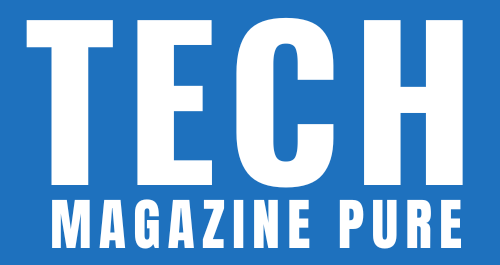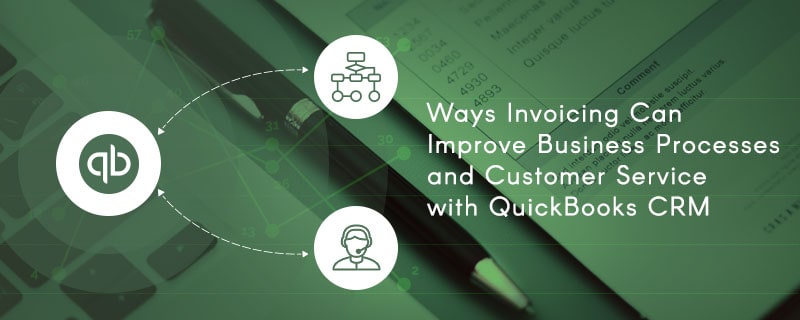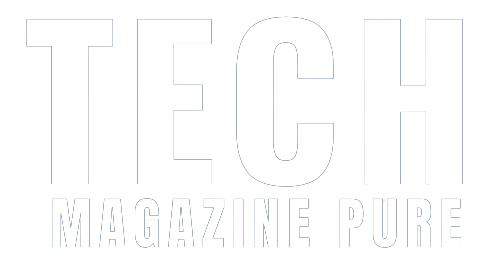QuickBooks has earned a reputation as a leading accounting software, empowering businesses to efficiently manage their financial records and operations. However, the question often arises: Is QuickBooks also a Customer Relationship Management (CRM) solution? In this article, we will explore the CRM capabilities of QuickBooks, examining how it addresses customer interactions and whether it can effectively serve as a standalone CRM platform.
Understanding QuickBooks CRM Capabilities
While QuickBooks primarily focuses on accounting and financial management, it does offer certain CRM-like features to help businesses manage customer information and interactions. However, it is important to note that is not a full-fledged CRM software, but rather a finance-centric solution with supplementary CRM functionalities.
Key CRM-Like Features in QuickBooks
- Customer Information Management: QuickBooks enables businesses to store and manage customer data, including contact details, billing information, and transaction history. This feature facilitates basic customer relationship management.
- Invoicing and Payment Tracking: The software allows users to create and send invoices to customers directly from the platform. It also tracks payment status, streamlining the billing process and enhancing customer interactions.
- Sales Tracking: QuickBooks offers basic sales tracking features, allowing businesses to monitor sales revenue, create sales reports, and analyze sales trends.
- Customer Communication: While not a full CRM communication tool, QuickBooks provides the ability to send emails and financial reports to customers, fostering simple communication.
- Integration with Third-Party CRMs: QuickBooks integrates with some third-party CRM platforms, enabling users to sync customer data between it and the CRM software for more comprehensive customer management.
Limitations as a Standalone CRM
- Limited Sales Pipeline Management: it lacks advanced sales pipeline management features, which are essential for tracking and nurturing leads through various stages of the sales process.
- Marketing Automation: Unlike dedicated CRMs, it lacks marketing automation capabilities, such as lead generation, email campaigns, and lead scoring, which are critical for comprehensive customer relationship management.
- Customer Support Features: It does not provide robust customer support features commonly found in CRMs, such as ticketing systems and customer service tracking.
QuickBooks undeniably offers certain CRM-like functionalities, making it suitable for basic customer data management and financial interactions. However, it is important to recognize that is primarily an accounting software and is not a full-fledged CRM platform.
For businesses seeking comprehensive CRM capabilities, a dedicated CRM software is recommended. Standalone CRM solutions provide advanced features like lead management, sales pipeline tracking, marketing automation, and customer support, enabling businesses to effectively nurture customer relationships and drive growth.
While QuickBooks serves as a reliable finance and accounting solution, integrating it with a third-party CRM can bridge the gap and create a more cohesive customer management system. By leveraging both platforms, businesses can optimize their financial operations while maintaining a holistic approach to customer relationship management.


